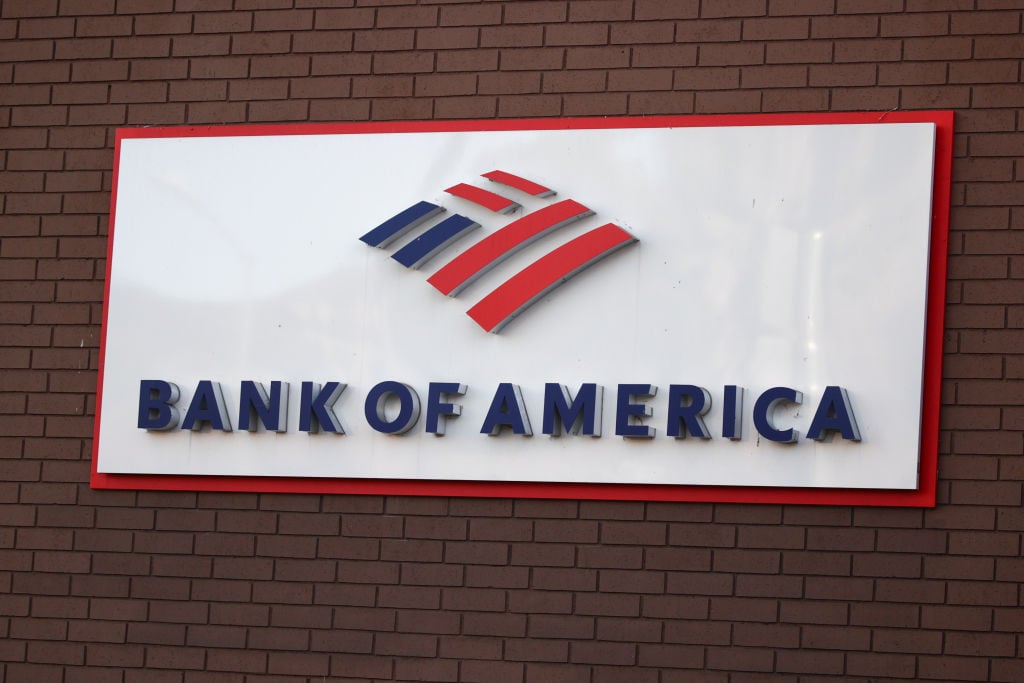The Fed is taking it to the street. Main Street. The central bank announced yesterday an $800 billion support package in concert with the Treasury aimed at spurring mortgage lending and consumer credit, including car, credit card, and small business loans. The new program amounts to a vast expansion in the scope of the government’s bailout program in order to act directly on specific loan markets.
Of the $800 billion, the Fed will use $600 billion to purchase debt issued or backed by Fannie Mae (NYSE:FNM) and Freddie Mac (NYSE:FRE). Yields had remained stubbornly high, crimping mortgage lending. An extra $600 billion in demand for this debt promises higher prices, lower yields, and ultimately, lower mortgage rates.
You asked for lower rates -- Abracadabra -- you got 'em!
In an efficient market, expectations alone can work magic. The announcement jolted the mortgage market yesterday with the largest rate decline in seven years.
The Fed will use the other $200 billion to provide financing for investors in asset-backed securities tied to student loans, car loans, credit card debt, and small business loans. Facilitating demand for these securities should de-freeze credit in these areas.
Federal Reserve or Federal Excess?
One obvious risk: the Fed’s balance sheet has more than doubled in size in less than six months and now stands at over $2 trillion. That puts it in the same league as banking behemoths Citigroup (NYSE:C), JPMorgan Chase (NYSE:JPM), or Bank of America (NYSE:BAC), well ahead of the next largest lender, Wells Fargo (NYSE:WFC). Granted, central banks have a big advantage in being able to print money, but that's at the peril of debasing their currency.
It's easy to say that this new effort is simply the government shooting off willy-nilly to cure the crisis. I prefer to give Messrs. Paulson and Bernanke the benefit of the doubt -- these "piecemeal" actions are a sign of flexibility in dealing with a crisis that is unprecedented in our lifetimes.
Nevertheless, I am concerned about the ever-expanding girth of this bailout. Ensuring credit markets are functioning normally is critical, but authorities should take great pains to avoid the mistakes their predecessors made in managing the downturn that followed the 2000 tech stock crash.
More Foolishness:








